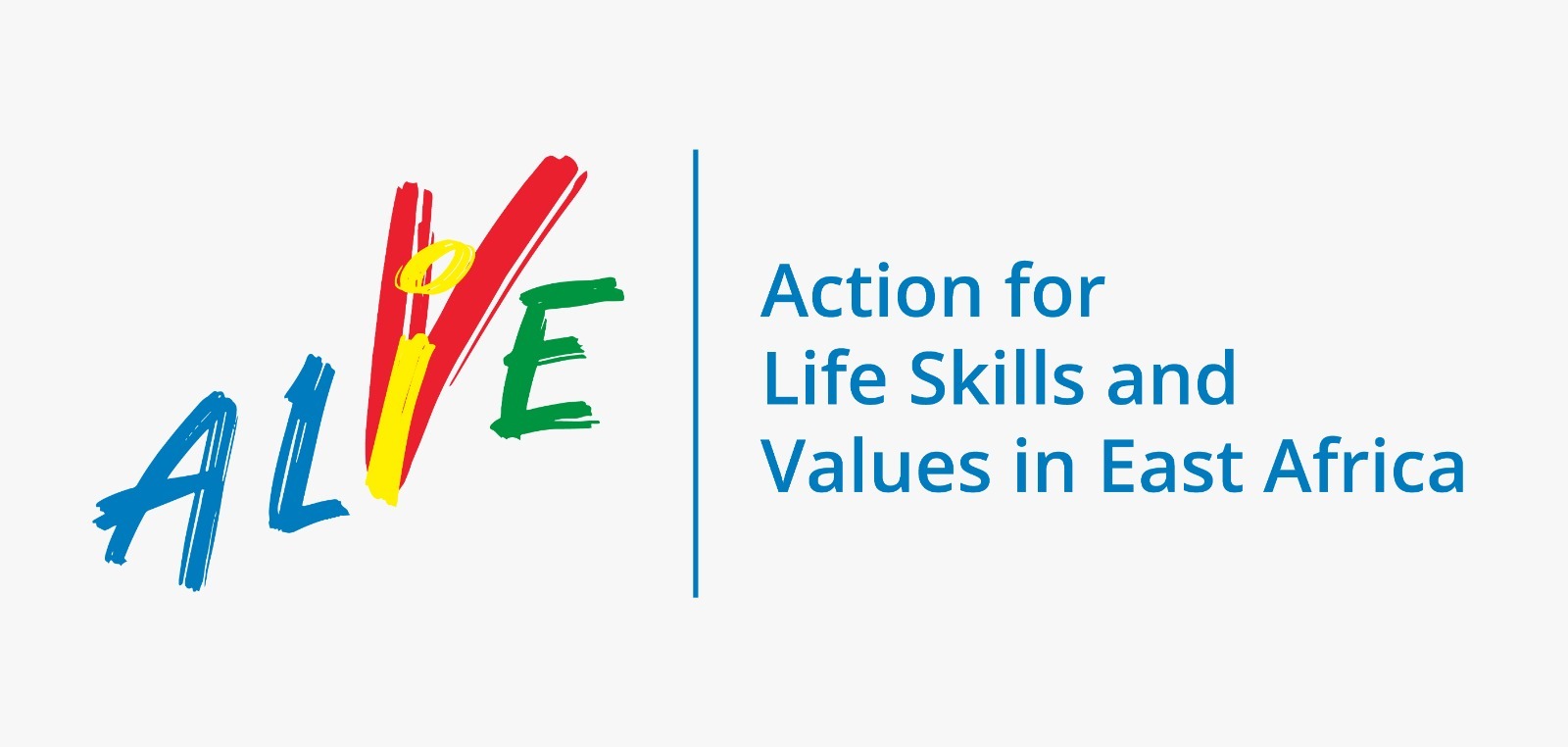Learning Hub
- Home
- Learning Hub
The Learning Hub is a central pillar of ALiVE’s mission to enrich both internal and external learning through evidence-based practices. Focused on advancing life skills and values, it serves as a resource for understanding what works in developing competencies that children and youth need for life and work. This Hub leverages research, data, and collaborations to influence educational policy and practices across East Africa, ensuring that learning is transformative and impactful.
Key Objectives
The Learning Hub collates and generates evidence on life skills and values, making it accessible to educators, policymakers, and practitioners. This involves:
- Developing a learning agenda that addresses key questions in Social-Emotional Learning (SEL) and life skills.
- Producing evidence products that cater to diverse audiences, including policy briefs, reports, and learning briefs.
The Learning Hub translates research findings into actionable insights. Through workshops, write-shops, and conferences, educators and policy influencers gain practical knowledge to foster holistic education systems. This evidence is shared widely at sub-national, national, regional, and global levels to drive educational transformation.
The Hub sustains a vibrant learning community that includes national, regional, and global partners. We collaborate with RELI (Regional Education Learning Initiative) and VaLi (Values and Life Skills Initiative) members to exchange knowledge and strengthen capacities through periodic meetings and learning visits.
Through engagement with stakeholders—ranging from government ministries to local communities—the Learning Hub advocates for the integration of life skills and values into education systems. This ensures that the evidence generated translates into tangible improvements in educational outcomes across East Africa.
Key Achievements
Regional Collaborations
Action for Life Skills and Values in East Africa (ALiVE) has expanded its reach through learning sessions, assessments, and interventions across Kenya, Uganda, and Tanzania.
Learning Frameworks
We’ve developed learning frameworks to help educators and policymakers understand what drives the success of life skills education.
Knowledge Dissemination
To date, thousands of educators, policymakers, and community leaders have engaged with our evidence-based insights through conferences, regional meetings, and public engagements.
